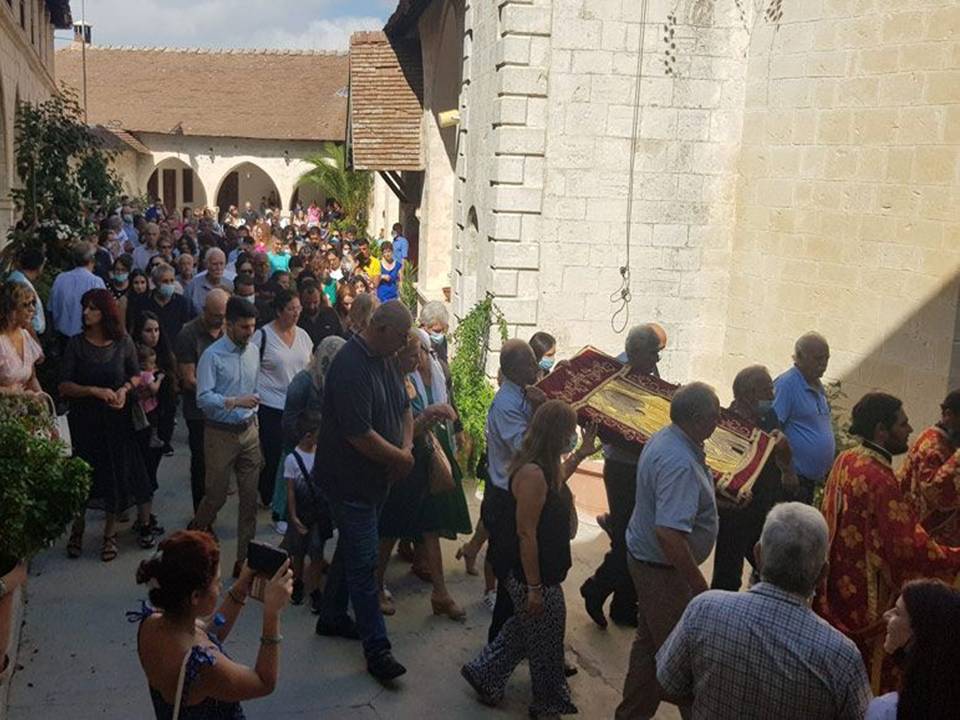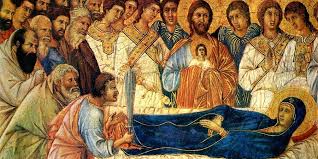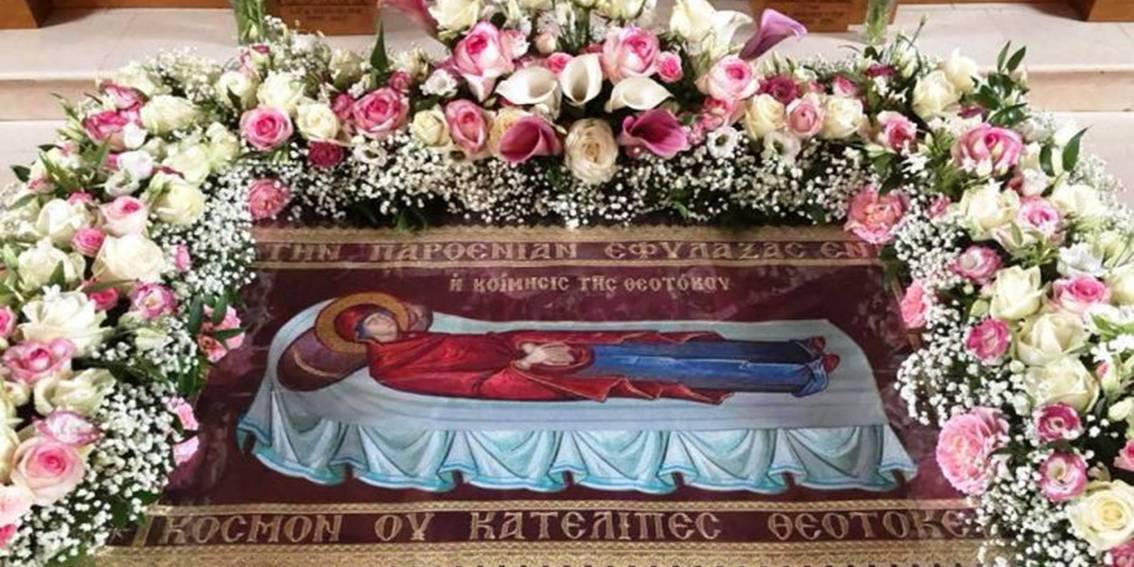Dekapentavgousto Bank Holiday
Assumption Day, known as Dekapentavgousto in Greek, falls on August 15th. This significant feast commemorates the belief that the Virgin Mary, after her earthly life, ascended to heaven both body and soul. The observance of this day holds immense importance in the Greek Orthodox Church, marking a time of religious devotion and cultural celebration.
Historical Background
The roots of Assumption Day trace back to the early centuries of Christianity. While the feast's official declaration came much later, the belief in Mary's bodily assumption gained momentum in the Christian community. The Council of Constantinople in 553 AD recognized the importance of Mary and her unique role in salvation history. By the 7th century, Eastern Christianity began celebrating this day, solidifying its significance in the liturgical calendar.
Religious Observance
On Assumption Day, Greek Orthodox Christians attend divine liturgy to honour the Virgin Mary. Churches become filled with worshippers, who light candles and offer prayers. The service often includes hymns dedicated to Mary, invoking her intercession and celebrating her virtues. Many people confess their sins and seek spiritual renewal, deepening their connection to their faith.
After the service, families often gather for special

meals, sharing traditional dishes that reflect their cultural heritage. The day takes on a festive atmosphere, as communities come together to celebrate their shared faith and traditions.
Cultural Significance
Dekapentavgousto represents more than just a religious observance; it embodies the essence of Greek culture and heritage. Many villages and towns hold local festivals, featuring folk dances, music, and vibrant parades. These celebrations showcase the region's history and foster a sense of community among participants.
In rural areas, locals prepare for weeks, decorating churches and streets with flowers and colourful banners. Villagers often organize feasts, where everyone contributes a dish, creating a sense of unity. This communal spirit reflects the values of hospitality and generosity deeply rooted in Greek culture.

Festivals and Traditions
Festivals dedicated to Assumption Day thrive in various locations across Greece. On many islands, such as Tinos, the day attracts pilgrims from all over, eager to pay their respects to the Virgin Mary. The procession to the church often features elaborate icon representations of Mary, accompanied by music and song.
In addition to public celebrations, families maintain personal traditions that honour Mary. Many choose this day to name their daughters Maria or Mary, linking their children to the revered figure. Others visit their local church, lighting candles or making donations in honour of the occasion.
Culinary Delights
Food plays an essential role in the Assumption Day celebration. Traditional dishes vary by region but often include baked goods, grilled meats, and fresh vegetables. One popular dish is stuffed tomatoes, representing the summer harvest's abundance. Many families prepare sweet desserts, such as baklava or honey-drenched pastries, to symbolise joy and gratitude.
Throughout the celebrations, wine flows freely, adding to the festive atmosphere. Sharing meals becomes a time for families to come together, recount memories, and strengthen bonds. These culinary traditions nourish the body and the spirit, creating lasting connections between generations.
Conclusion
Assumption Day, or Dekapentavgousto, serves as a powerful reminder of faith, cultural identity, and communal spirit. This day stands as a testament to the continued reverence for the Virgin Mary within the Greek Orthodox Church and the significance of shared traditions. Whether through religious observance, lively festivals, or cherished family gatherings, this day unites people in celebration and gratitude and fosters an enduring sense of belonging.


